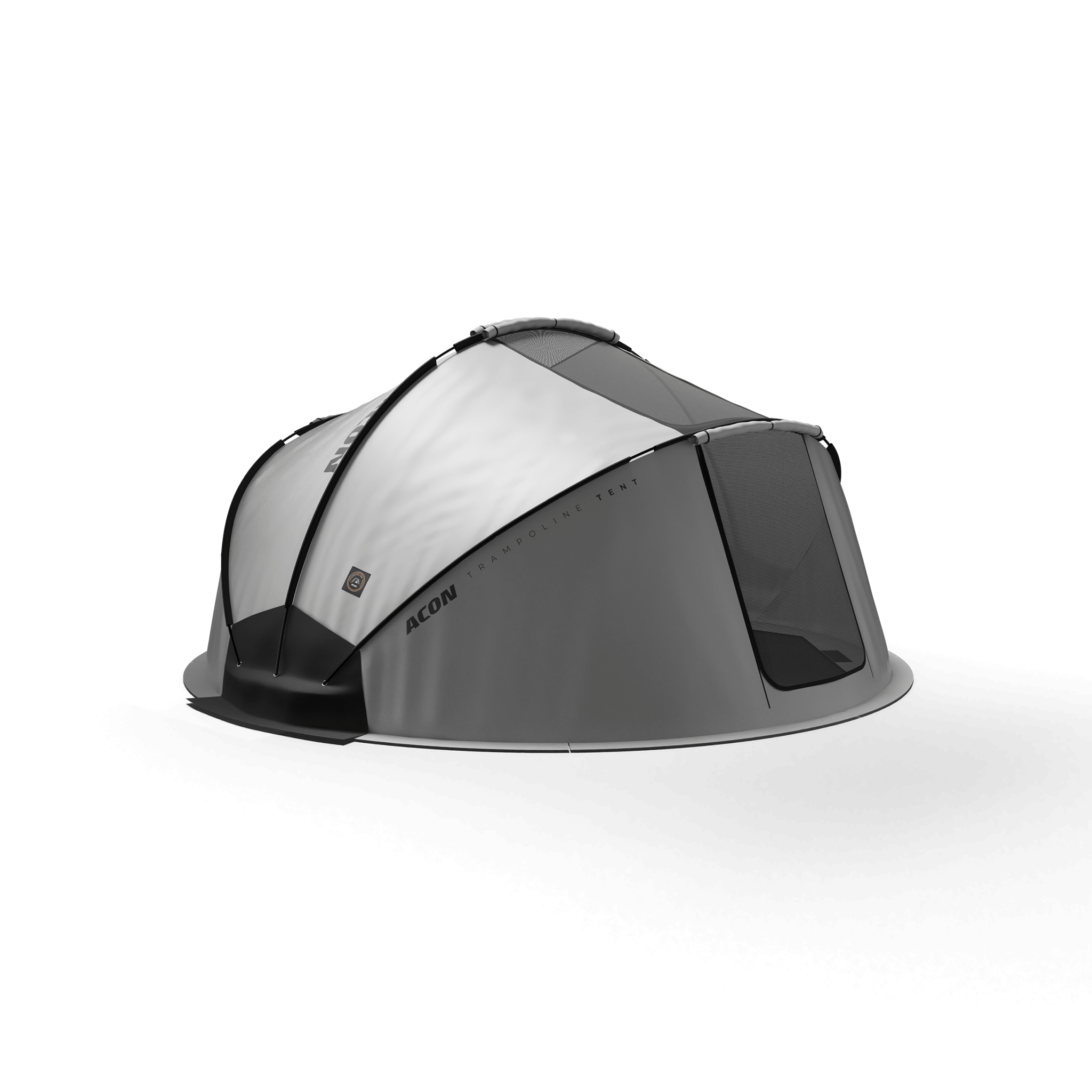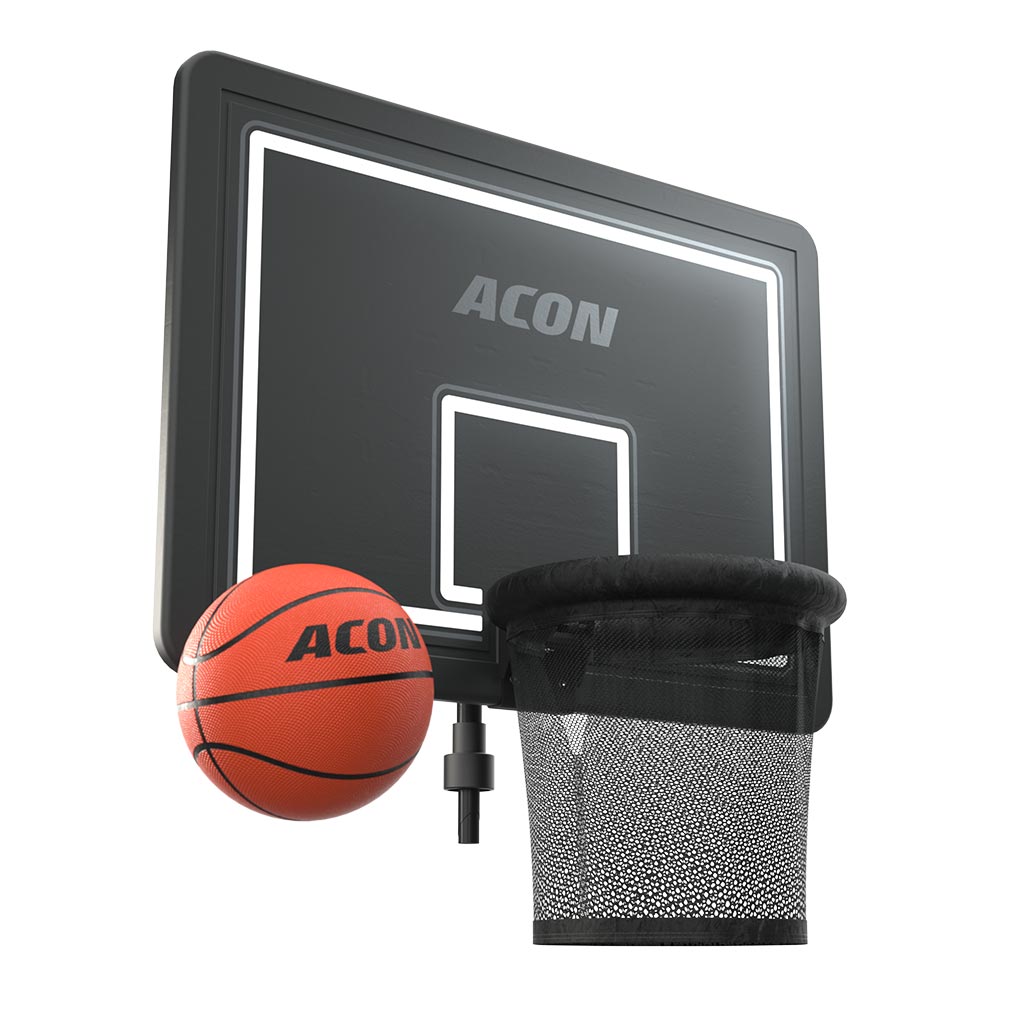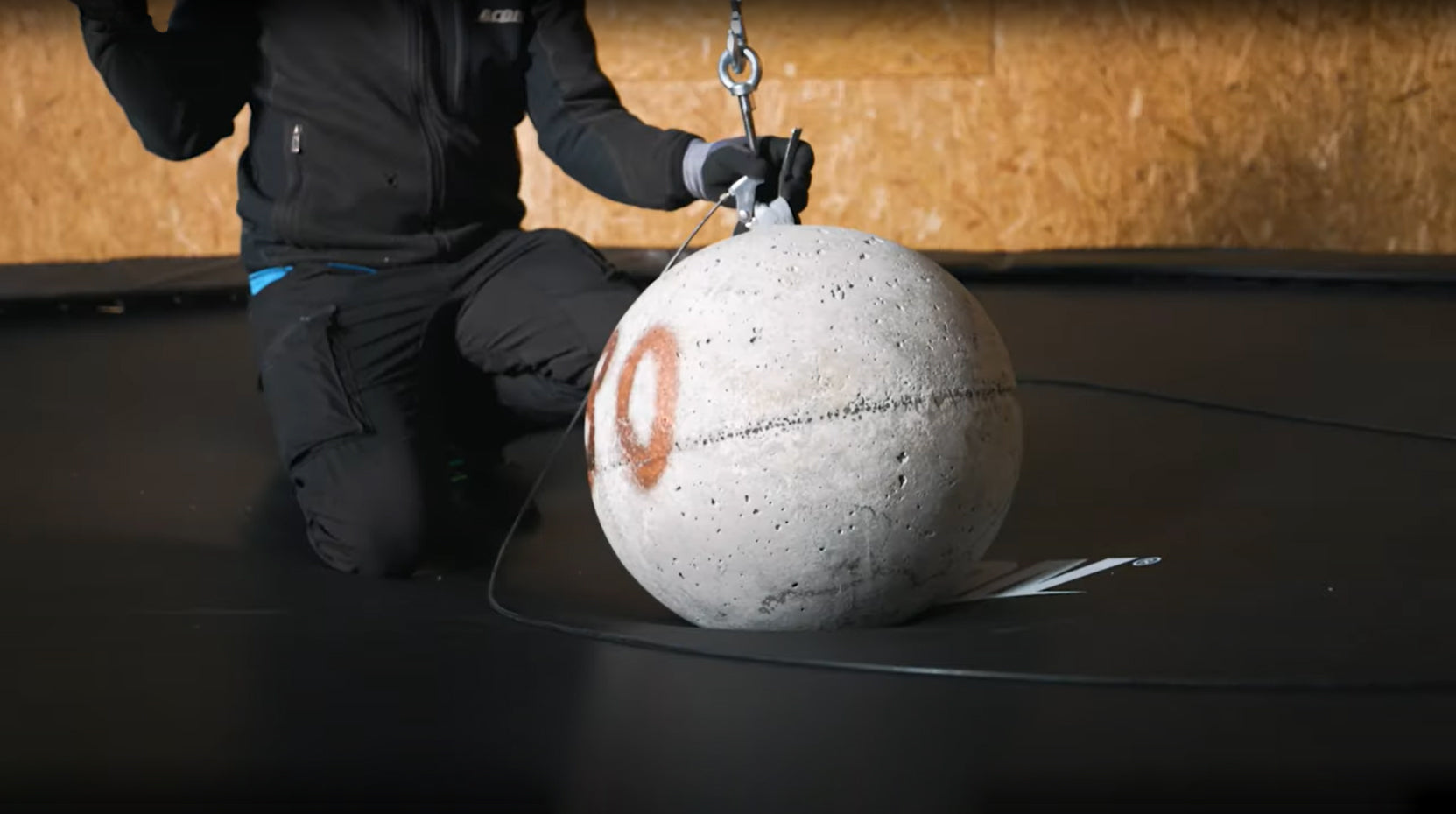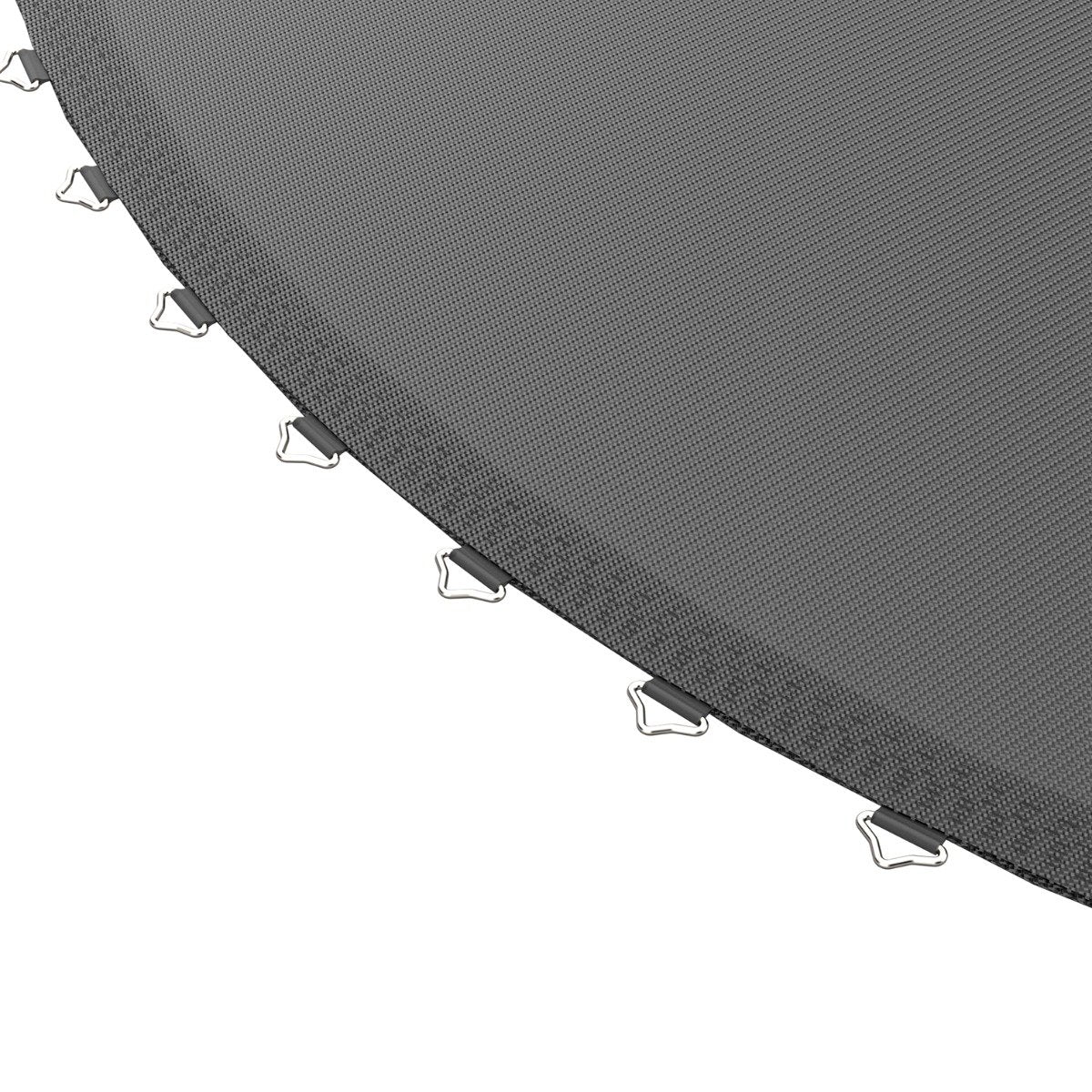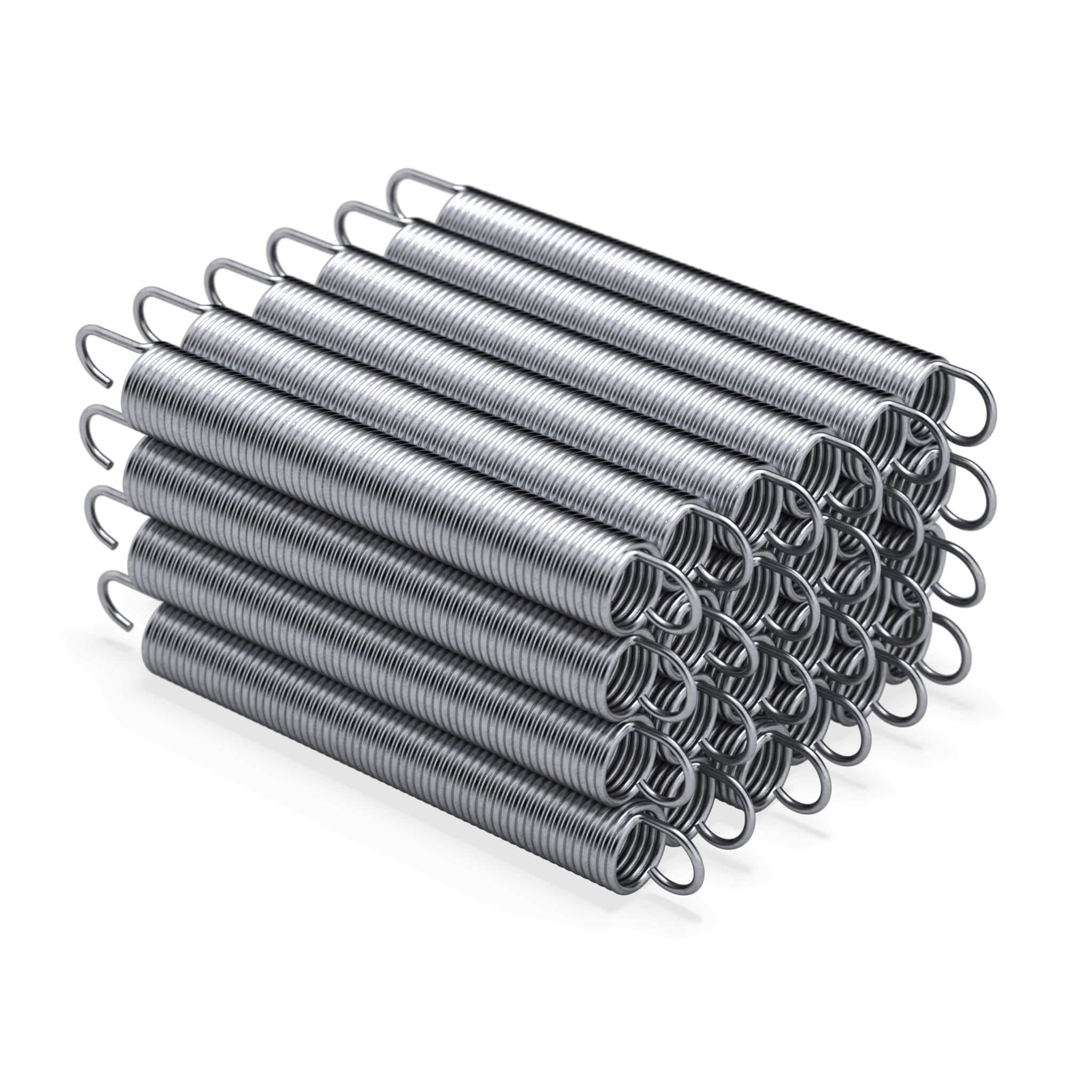Distributacon Inc.
1250 Wayzata Blvd E Unit 1127,
Wayzata, MN 55391, USA
When you were bouncing on trampolines as a kid, weight limits on trampolines wouldn’t have crossed your mind; and why should it have? You were having a great time with your friends! But now you’re an adult and you’re watching your own kids on the garden trampoline, it’s a different matter.
Before you allow several kids to jump together or before you step up onto the trampoline to join your kids, do weight limits on trampolines cross your mind now? If not, we really think it should.
ACON are consistently listed as having one of the highest weight capacity trampolines in the industry. Because of this, and our promise of offering no single-user weight trampoline, hundreds of people have chosen us. We are proud of our sturdy, reliable products and highly regarded reputation within the industry.
So, now that we’ve got weight limits on trampolines on your mind, in this article we’re going to discuss:
- Why it is important to know the weight limits;
- The top 3 reasons why there are weight limits on trampolines;
- How weight limits are determined
- How weight limits are tested at ACON.
Our aim is to provide you with as much information as possible on weight limits so that you can make an informed decision and have fun without worrying too much since we have safety tested it all for you.
Why is it important to know weight limits
ACON doesn’t have single user weight limits on trampolines, and they are safety tested up to 1,650lbs. Although our official standards advise that there shouldn’t be more than one person on the trampoline at any one time, we do recognize that there may be times when more than one person is on the trampoline.
If this occurs, the combined weight of each person on the trampoline should not exceed the official standards regarding weight limits at all and particularly in cases where more than one person are bouncing hard. Therefore, not only does knowing the maximum weight limit become important from a safety aspect, but it also helps you to make informed decisions before you buy a trampoline.
Top 3 reasons for weight limits on trampolines
You might be thinking that if we’ve got some of the most sturdy, reliable trampolines in the industry, why are we so conscious of weight limits? Let us explain why.
Safety
The top reason is always safety, first and foremost. Manufacturers provide weight limits for a reason; to protect you. Yes, using a trampoline incorrectly is always a safety risk but exceeding weight limits is also a major safety concern. So, before you consider buying any trampoline, look at the weight limit guidelines provided by the manufacturer; not what you read in a blog as models vary – only the manufacturer’s guidelines.
Longevity
The last thing you want is your trampoline giving up on you after just a few years; you want it to last a lifetime. We want that, too, and that’s reason number two for considering average trampoline weight limits before you buy. The better you treat your trampoline, and follow the manufacturer’s guidelines, the longer it will last for plenty of fun-filled days.
Meet industry standards and abide by warranties
Third reason; if a trampoline is manufactured to meet, if not exceed, the industry’s safety standards, you know it’s been thoroughly tested and meets those standard’s requirements.
The CE and ASTM industry standards require the manufacturer to inform buyers of the trampoline’s weight limit, i.e. how much weight it can hold. It’s for this reason that weight limits on trampolines are advised in the manual.
How weight limits are determined
There are a number of factors that are taken into consideration when determining the highest weight capacity trampolines can tolerate.
The factors used to determine the average trampoline weight limit include the springs, the size and shape of the trampoline, the mat and the frame and shape. Let’s look at these in more detail.
Springs
One of the most important considerations is the trampoline’s springs or bungee cords. They are responsible for the trampoline’s bouncing capacity. Physics theories and experimental studies have clearly shown that the more flexible the springs, or bungee cords, the higher the likelihood of having a higher bounce.
By increasing the number of springs, or bungee cords, and their stiffness, it is possible to increase the weight limit of the trampoline. However, the trampoline is also likely to have a lower bounce.
Frame
The frame of the trampoline forms a basic structure and is the main foundation. The more rust-proof and thicker the steel frame, the better the stability. In addition, you will often find that adult trampolines are often bulkier and therefore are able to sustain a heavier weight.
Our trampoline frames are able to bear in excess of 5x the recommended weight limit, as long as the load is distributed evenly. Industry standards require the trampoline’s frame meets the given standards set by regulations.
Size
In most cases, the bigger the trampoline, the highest weight capacity it will have when compared against small bouncers designed for only small kids and toddlers. ACON trampolines have a standard weight limit of 300lbs.
Mat
The trampoline mat is another consideration. It is usually made from a UV-resistant woven polypropylene or a water-resistant canvas that is durable. In addition, the mat’s stitching along the edges and other portions must also be sturdy and durable. To meet industry standards, the mat must not tear or rip when being tested to the 5x weight limit.
Shape
The shape also has an impact on weight limits for trampolines. In most cases, the rectangular shape is able to carry more weight, principally because springs are closer to the central bounce area. Because the springs are nearer, the stiffness doesn’t need to be as strong either.
The same can be applied to oval trampolines as the weight is evenly distributed and the springs are closer together.
How trampoline weight limits are tested at ACON
At ACON, we take the testing and safety of all our trampolines with the highest level of attention, accuracy and ensure they meet industry requirements.
According to ACON, “the mass of 5X user weight limit is located to the center of the mat using a 330mm diameter steel disc. The maximum allowed deflection is 80% of the trampoline’s height, which is coupled with the number of springs and how stiff they are.”
What is important to note is that the industry standards apply to all trampoline manufacturers. ACON is committed to complying with the standards by testing our trampolines. In case the trampoline manufacturer does not state its commitment to complying with the standards, it should raise a red flag.
Weight limits on ACON trampolines
Most Acon trampolines are tested up to 1,650 lbs / 750 kg with a recommended single user limit of 300lbs / 150kg.
| MODEL | WEIGHT LIMIT |
|---|---|
| 16 HD | No single user weight limit |
| 13 HD | No single user weight limit |
| 15ft Round | No single user weight limit |
| 14ft Round | No single user weight limit |
| 12ft Round | No single user weight limit |
| 10ft Round | 120kg |
| 6ft Round | 100kg |
Got any questions about weight limits? Ask us!
We hope that this article has clarified how much weight different size and shape trampolines can hold. However, if you’re still not sure or have any questions, our fantastic customer support team with 5-star rating by our customers is on hand to help you. Send us message anytime and we will make sure to answer your questions.
Head to our website to read more about our trampolines, how much weight trampolines can hold, read our blog posts or contact us by email at customercare.us@acon24.com


